
Upcoming Events
Please see below for our upcoming events.
Past Events
Scroll through our past events or filter by year.
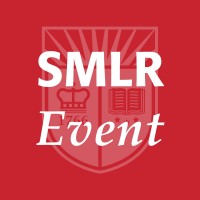

Ginny Doellgast and Ian Greer (Cornell University) will present on their recent books: Exit, Voice, and Solidarity (Doellgast) and Marketization: How Capitalist Exchange Disciplines Workers and Subverts Democracy: Autonomy and Automation (Greer).


How to retain and engage employees in the post-pandemic world has recently caught wide public attention in many countries. Three speakers of this forum, Robert Ployhart (University of South Carolina), Chris Rowley (University of Oxford), and Ingo Weller (Ludwig-Maximilians-Universität München), will share their insights on this issue focusing on the situations in the US, the UK, and Germany.
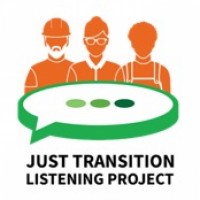
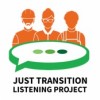
The Center for Global Work and Employment, the Labor Education Action Research Network (LEARN), and the Center for Environmental Justice at Colorado State University hosted a discussion on the Just Transition Listening Project (JTLP)’s 2021 report Workers and Communities in Transition.


In this talk co-sponsored by the Center for Global Work & Employment and Rutgers Global-China Office, Xueguang Zhou (Stanford University) will present on his forthcoming book, The Logic of Governance in China: An Organizational Approach (Cambridge University Press, 2022). This book summarized his decade-long fieldwork and research on various aspects of governance practice in contemporary China.
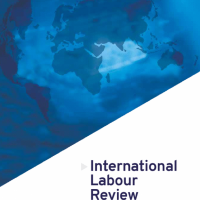
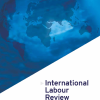
Join the Center for Global Work and Employment on April 18, 2022 for a presentation by Mark Anner (Penn State University) on his recent International Labour Review piece “Three labour governance mechanisms for addressing decent work deficits in global value chains.”
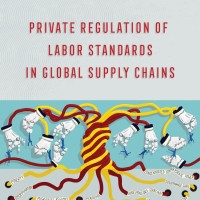
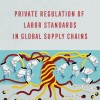
Join the Center for Global Work and Employment and Rutgers Business School on February 25, 2022 for an online discussion with Sarosh Kuruvilla (Cornell University) on his recent book “Private Regulation of Labor Standards in Global Supply Chains: Problems, Progress, and Prospects.”

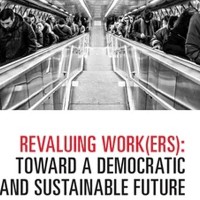
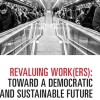
Join us for this book launch event for LERA Research Volume 2021, "Revaluing Work(ers)" edited by SMLR's Tobias Schulze-Cleven and Todd E. Vachon
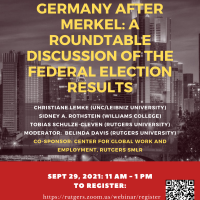
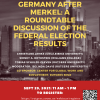
Join the Center for Global Work and Employment and Center for European Studies on September 29 for an online roundtable discussion of the German federal election results.
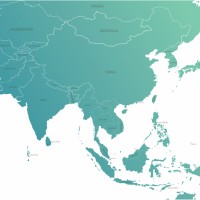

Join the Center for Global Work and Employment for a hybrid discussion and Q&A featuring William Hurst, Chong Hua Professor of Chinese Development at the University of Cambridge.



